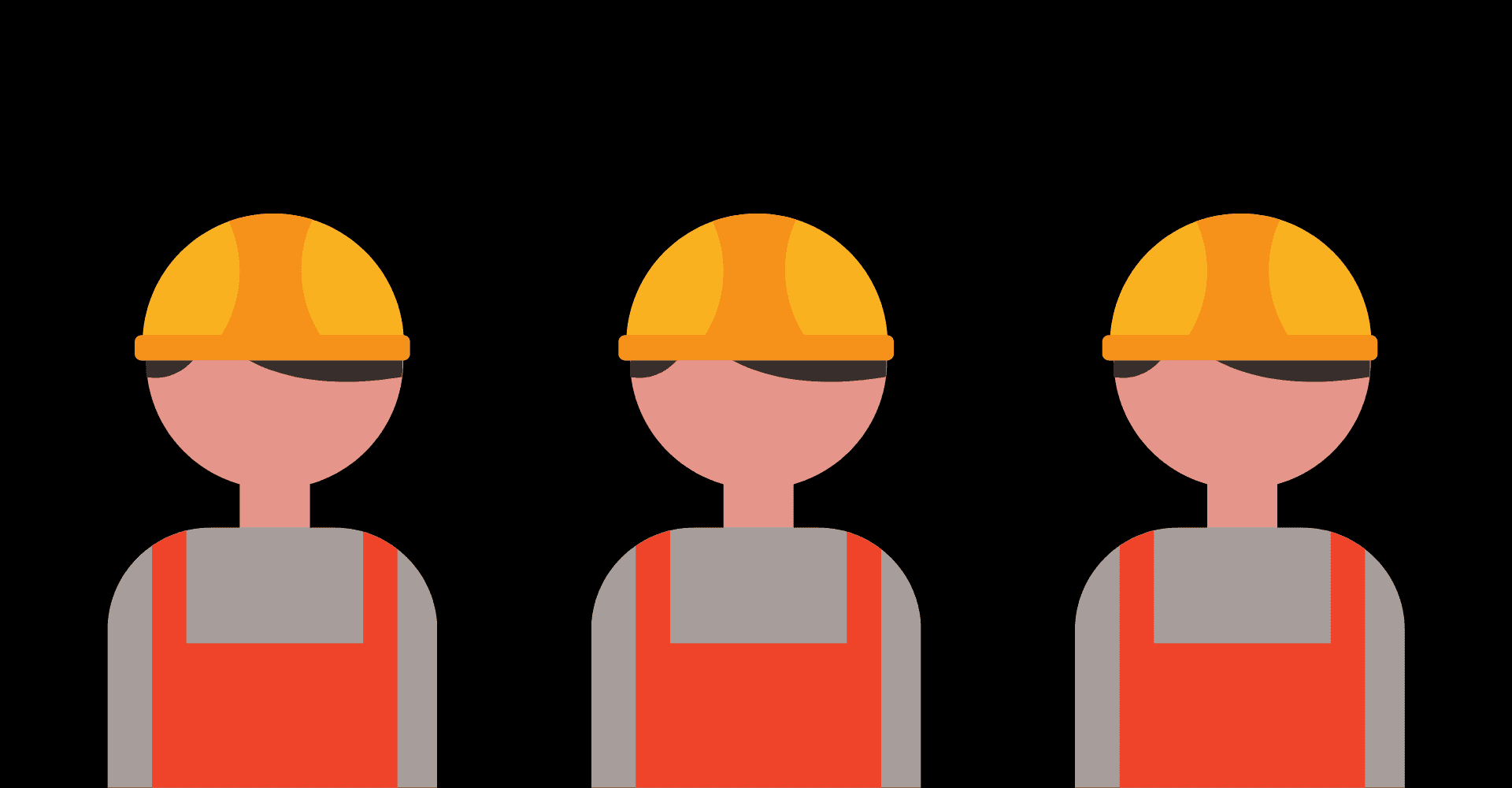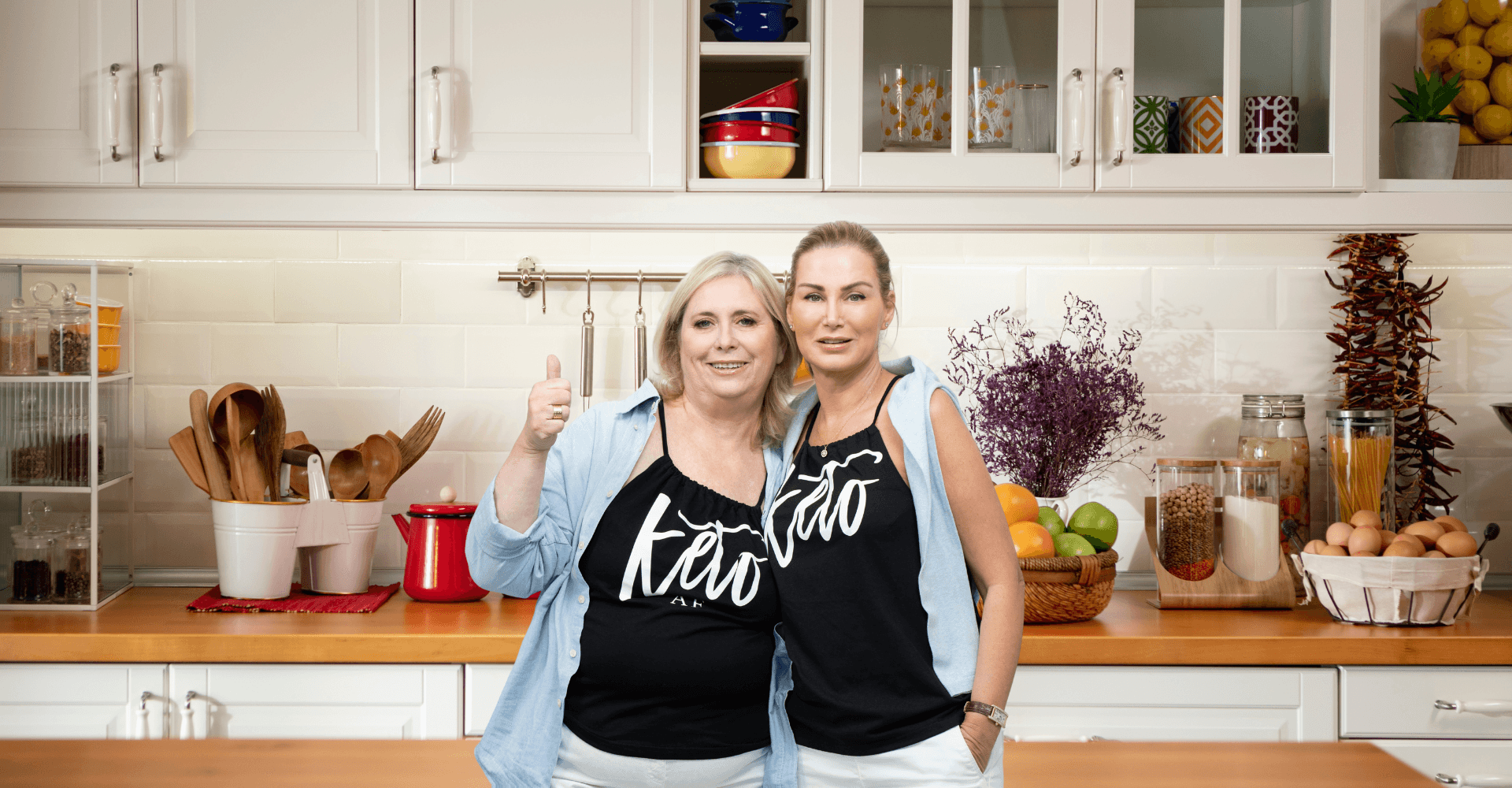The Importance of Allies in the Neurodiversity Movement

By Will Wheeler – Neurodiversity Academy | Open Hearted Podcast
On a recent episode of the Open Hearted Podcast, we were joined by Natalie Phillip-Mason — a seasoned change management expert and passionate neurodiversity advocate — to explore a powerful and often overlooked topic: the role of allies in the neurodiversity movement.
It was a conversation filled with real-life experience, practical advice, and a call to action — not just for neurodivergent individuals, but for allies who want to walk the path with us.
Why Allies Matter More Than Ever
Building a neuro-inclusive world isn’t a one-sided effort. Neurodivergent people bring lived experience, but it’s our neurotypical allies who often hold the keys to creating systemic, lasting change — especially in workplaces, education, and leadership roles.
Often, allies want to help but are unsure how — worried about using the wrong terminology, asking the wrong question, or being misunderstood. And in some cases, they’ve been met with hostility or criticism. That’s why it’s so important to lead with compassion, not correction.
We need allies who are not just aware — but engaged, empowered, and educated.
Lived Experience at the Core
No one can explain what it’s like to live with ADHD, autism, dyslexia, or any other neurotype better than someone who experiences it daily. That lived experience is invaluable — but allies can play a vital role in amplifying those voices and helping to turn insight into action.
Natalie shared her journey as both a mother of two neurodivergent daughters and a professional in change management. Her understanding of people, learning styles, and behaviour has helped bridge the gap between personal insight and professional impact.
She pointed out the clear synergy between effective change management and neuro-inclusion. Both require awareness of different communication styles, learning preferences, and behavioural nuances. In short, it’s about understanding people.
Where Organisations Are Starting in the Wrong Place
Too many companies are jumping straight into neurodivergent hiring initiatives without building the foundations to support inclusion.
It’s great to create new opportunities, but if the workplace isn’t set up to support neurodivergent individuals — whether or not they’ve disclosed — we risk creating more harm than good.
Recruitment is just one part of the picture. Real inclusion is built on culture, systems, communication, and understanding.
Media Representation: A Blessing and a Barrier
Shows like Love on the Spectrum and Heartbreak High are doing valuable work by starting conversations about neurodivergence. When autistic actors are involved and consulted, it helps move the needle on representation.
But it’s important to acknowledge their limits. These shows often represent a small part of a much larger, more diverse community. Neurodivergence looks different from person to person. We can’t assume a Netflix series gives us the full story.
We need to continue expanding the narrative — one that includes creatives, professionals, introverts, extroverts, tech minds, artistic souls, and everything in between.
What Needs to Change (and How Allies Can Help)
We asked Natalie what we really need to be doing. Her response? Start with education. Build partnerships. Focus on people, not processes. Here are some takeaways:
- Create safe spaces for honest dialogue – People need to feel safe asking questions without judgement.
- Educate leaders before recruiting – Build internal capacity before bringing in new talent.
- Share lived experiences from all levels of an organisation – From interns to executives.
- Support creativity, not just coding – Don’t limit neurodivergence to the tech sector.
- Redefine what workplace success looks like – Move away from rigid expectations and embrace flexibility.
Don’t Forget the Creative Side
While tech roles often get all the attention, creative industries are full of neurodivergent brilliance. Natalie spoke about her own family’s involvement in the arts and how theatre, music, and design can be incredible outlets for neurodistinct minds.
We need to stop assuming neurodivergent talent = math genius or data whiz. We’re actors. Designers. Storytellers. Innovators. And when supported correctly, we shine.
What Does a Neuro-Inclusive Workplace Look Like?
It’s more than just awareness training. A neuro-inclusive workplace:
- Welcomes different working styles
- Offers flexibility in roles and hours
- Normalises adjustments — no need to disclose
- Promotes clear, consistent communication
- Provides mentorship and career pathways
We need to stop treating neurodivergent employees as “special cases” and start treating them as part of the natural diversity of humanity.
Inclusion Elevates Everyone
This isn’t just about “helping” neurodivergent people. When you support people to work in ways that suit them best, everyone wins.
- Flexible work? Great for carers and parents.
- Clear communication? Good for team performance.
- Psychological safety? Fuels innovation.
We’re not asking for separate systems. We’re asking for inclusive, flexible, human systems that adapt to people — not the other way around.
Final Thoughts: Partnership is Everything
We can’t do this alone. Allies — we need you. Not just to understand, but to act, advocate, and partner with us.
If you’re a leader, a colleague, a teacher, a friend — your role matters. Ask questions. Stay respectfully curious. Help create spaces where neurodivergent people don’t just survive, but thrive.
🎧 Listen Now
Catch the full episode of the Open Hearted Podcast wherever you get your podcasts. Subscribe, follow, and join us on our mission to build a world where neurodiversity is seen, respected, and celebrated.
Want to Help?
- Share this blog
- Start a conversation at work
- Ask how your workplace supports neurodivergent employees
- Invite us to run a session or workshop
- Be an ally who acts
Listen to our Podcast
Explore Neurodivergent Mates




Subscribe to our Newsletter!
Be the first to get exclusive offers and latest news